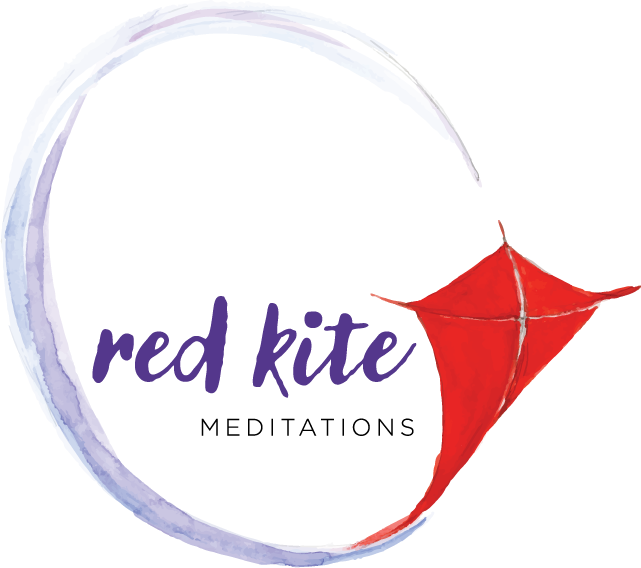Brain retraining tools for anxiety and panic
Ways to dissolve chronic anxiety or panic
This post is updated from its original.
Anxiety can affect anyone
You don’t need to have Lyme disease or chronic illness to suffer from anxiety or panic. It seems like everyone I know has at one point or another struggled with symptoms of anxiety, and this makes sense. Life is profoundly uncertain, and it’s human to feel anxious when the unknown looks menacing. With or without chronic illness, we could all use supportive tools for maintaining cognitive health in difficult times.
Lyme disease anxiety
Lyme disease often causes debilitating symptoms of anxiety and panic. For me, neurological issues have been the most frightening of all the symptoms of Lyme disease.
In neurological Lyme disease, the bacteria Borrelia burgdorferi can attack the myelin sheaths around the neurons of the brain and spinal cord. As you can imagine, this can cause intense anxiety and panic, as well as other cognitive issues. For anyone healing from neurological Lyme, brain retraining tools can be a lifeline when these symptoms hit.
Anxiety can create a vicious cycle
In response to intense feelings of anxiety or panic, our brains tend to spiral into repetitive thought patterns. These patterns are a normal, human attempt to control the situation. We can take comfort in the knowledge that we all share this habit. Unfortunately, this spiral can worsen symptoms of anxiety, causing a vicious cycle.
Patterns of anxious thinking can actually increase the physical sensations of anxiety, and can ingrain habits of anxiety and tension in the brain and the body. Whenever we are in “fight or flight” mode, blood flow is directed away from healing. Gently and compassionately redirecting our brains when anxiety takes hold is a tool for healing.
Retraining your nervous system
It isn't easy to retrain your brain during anxiety or panic attacks, but my experience is that it is always worth it. Practice can lead to habit.
When you choose to breathe deeply and relax, right in the middle of anxiety, you can mitigate symptoms, and sometimes even eliminate them. Maybe you just survive the episode with a little more grace – a blessing in itself.
Here are some of my favorite tricks for brain retraining.
Listen to music you love, paying close attention to every sound.
Sing. Singing lengthens the exhale, which stimulates the parasympathetic nervous system, or the “rest, digest, and heal” state – the opposite of “fight or flight”.
Dance. Even if you feel like crap. Especially if you feel like crap.
Say words to yourself that lift your spirit. Some examples are freedom, bliss, radiance. The more intensely the words affect you, the more they flood your brain with relaxing, positive neuro-chemicals.
Go for a walk or sit outdoors, and notice all the things you see, feel and hear. Become a deeper observer of the trees, the clouds, the quality of light, the animals, anything in the world that appears to you. Experiment with writing or drawing what you notice.
Wander through joyful, peaceful, loving thoughts and memories.
Try tapping or using tuning forks on chakra energy centers or acupressure points. This can be surprisingly calming and centering.
Experiment with PEMF (pulsed, electro-magnetic field) devices specifically for relaxation. I love the “Relax All” journey on the Ampcoil.
Pray. Even if you’re not religious (like me) angels may surprise you.
As you consciously choose to move your brain away from patterns of anxiety and toward feelings of peace, joy, or even bliss, your limbic system will start to release. It’s an intelligent system. It will follow where you lead, and strengthen those neural pathways with practice. With chronic anxiety or panic attacks, especially caused by Lyme disease or chronic illness, many forms of treatment may be necessary – at least brain retraining is free, and under our own control.
If you need help, try my Anxiety Relief meditation. I wrote it specifically to help relax the limbic system, training it away from the state of “fight or flight” toward the calming state of “rest, digest, and heal”. It was heartening for me to learn that the body can’t be in both of these states at once. Any time we consciously relax, we redirect ourselves toward healing.
Thank you so much for reading!
Your brain is as deep as the galaxy itself,
Shona

